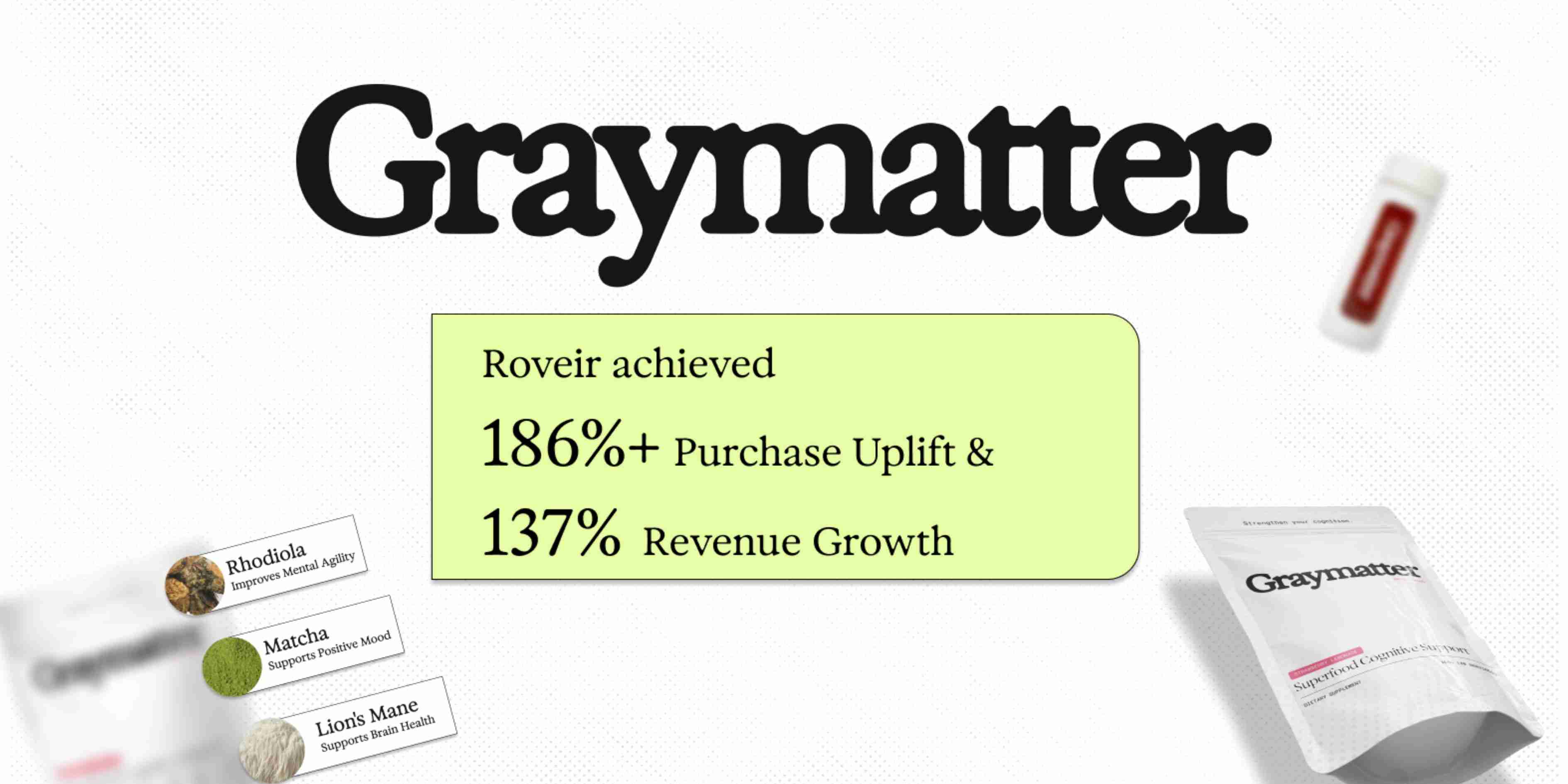Discover why being busy can actually help people with ADHD focus better, reduce overwhelm, and thrive with the right schedule.
Attention Deficit Hyperactivity Disorder (ADHD) is commonly linked to challenges like difficulty focusing, impulsivity, and disorganization. However, did you know that maintaining a busy schedule can be surprisingly beneficial for people with ADHD? Many with ADHD find that staying engaged in a fast-paced routine helps manage their symptoms and improve productivity. In this article, we explore why a busy lifestyle might be good for people with ADHD and practical tips to harness the benefits without risking burnout.
For a deeper dive into how structure can support ADHD, check out this insightful piece on the adhd busy schedule.
Why Being Busy Helps People with ADHD
Constant Stimulation Keeps Focus Sharp
People with ADHD often struggle to maintain attention on tasks that don’t engage them. A busy schedule offers frequent novelty and constant activity, providing the high-energy environment needed to keep the ADHD brain engaged. This stimulation helps reduce distractions and daydreaming, making it easier to stay on track.
Structure and Routine Provide External Support
ADHD can make self-regulation and organization difficult. Tight schedules act as external scaffolding, offering clear deadlines, expectations, and routines. This external structure compensates for the challenges of planning and time management, helping individuals stay productive and organized.
Reduces Overwhelm by Narrowing Focus
Though it may seem counterintuitive, having more to do can actually reduce feelings of overwhelm. When the day is packed with tasks, people with ADHD tend to focus on one item at a time instead of bouncing between competing thoughts or options. This helps manage anxiety and promotes steady progress.
Positive Reinforcement Boosts Motivation
Completing tasks in a busy environment often comes with immediate rewards—like checking off a to-do list or receiving recognition. These small wins provide dopamine, a key neurotransmitter that people with ADHD often lack. This natural boost helps maintain motivation and drive throughout the day.
Balancing the Benefits with the Risks of Overloading
While staying busy can offer clear benefits, it’s important to recognize the potential downsides. Constant stimulation can lead to burnout, anxiety, and exhaustion if not managed well. People with ADHD may overcommit or neglect rest, which reduces overall effectiveness and wellbeing.
Tips to Thrive with a Busy ADHD Schedule
Prioritize Tasks: Focus on what really matters and avoid overloading with commitments.
Build Breaks Into Your Day: Regular downtime helps prevent mental fatigue and sustain focus.
Use Organizational Tools: Apps like Todoist or Trello can make managing a busy schedule easier.
Consider Cognitive Enhancers: Supplements containing nootropics and adaptogens, such as Bright Mind, may support focus and stress reduction without causing overstimulation.
For additional insights on managing an adhd busy schedule, this resource offers valuable strategies to balance activity and rest.
Final Thoughts
Being busy can indeed be good for people with ADHD, providing the stimulation and structure needed to manage symptoms effectively. However, balance is key—too much activity without breaks can lead to exhaustion. By prioritizing tasks, leveraging organizational tools, and incorporating restorative practices, people with ADHD can harness their busy schedules as a powerful coping mechanism and foundation for success.
If you or someone you know is navigating ADHD, consider exploring structured routines and cognitive support tools to maximize focus and productivity without burnout.
Explore more about ADHD and cognitive performance to help create a schedule that works for you.
For more details : https://trygraymatter.com/blog....s/science/how-a-busy









